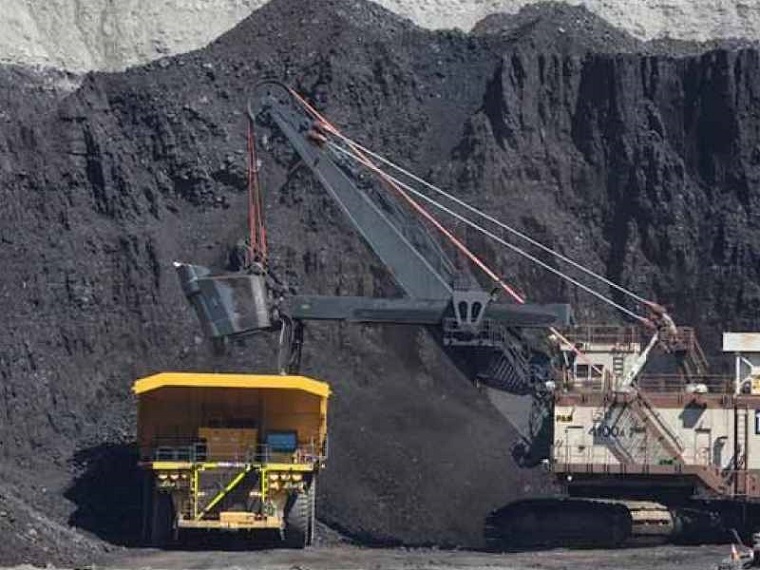Until recently, Zimbabwean coal miners were also tied to short-term coal supply contracts. These left them with little chance of securing the funding they need to retool.
The result has been predictable. With debts piling up and profits falling, Makomo slid into corporate rescue in November. Production stopped, only restarting in June, but at a fraction of capacity.
“We are still working on a turnaround plan, but production has resumed,” Bulisa Mbano, who is leading the corporate rescue mission at the mine, said in June.
At Hwange Colliery, the company plans to raise output. But it lacks the capital to develop resources as much as it needs to.
Last year, Hwange Colliery grew coal production by 49.5%. The company plans to increase output through a US$15 million equipment supply deal and by opening new mining areas.
The Zimbabwe Coal Producers Association is hoping to take advantage of rising export demand. Even if coal miners dig more coal, they face the problem of inefficient rail. Producers are clearing logistical hurdles, including deals to improve rail links to Maputo.
“We are interested in supplying the European market,” the organisation says. “Now that the prices are as high as they are, exports from landlocked regions are now viable.”
Domestic demand for coal will rise sharply next year when Hwange power station brings on stream two new generator units of a combined 600MW. Yet, already, producers are unable to meet local needs, let alone exports. Smaller thermal power stations missed their power output targets in the first quarter of 2022. This was partly due to low coal stocks, according to a report by the Zimbabwe Power Company.
While Zimbabwean coal miners struggle with low prices and delayed payments, the story is different next door. In Botswana, India’s Jindal Steel & Power plans to build a new coal mine this year, targeting the export market. The Morupule Coal Mine has just signed US$20 million worth of supply contracts to Asia and Europe.
The coal train from Botswana to Maputo passes through Zimbabwe. It’s a poignant symbol of how, yet again, an opportunity is passing the country by.
Some 26 billion tonnes of coal lie under Zimbabwe’s earth, enough to last 834 years. But years of failure to invest means that the country can only watch as the coal boom roars past.-NewZWire
(176 VIEWS)


